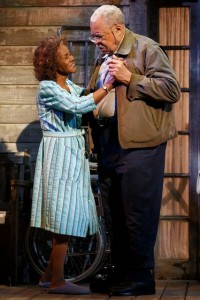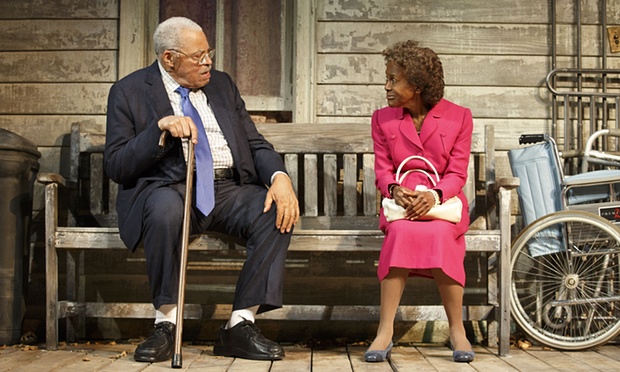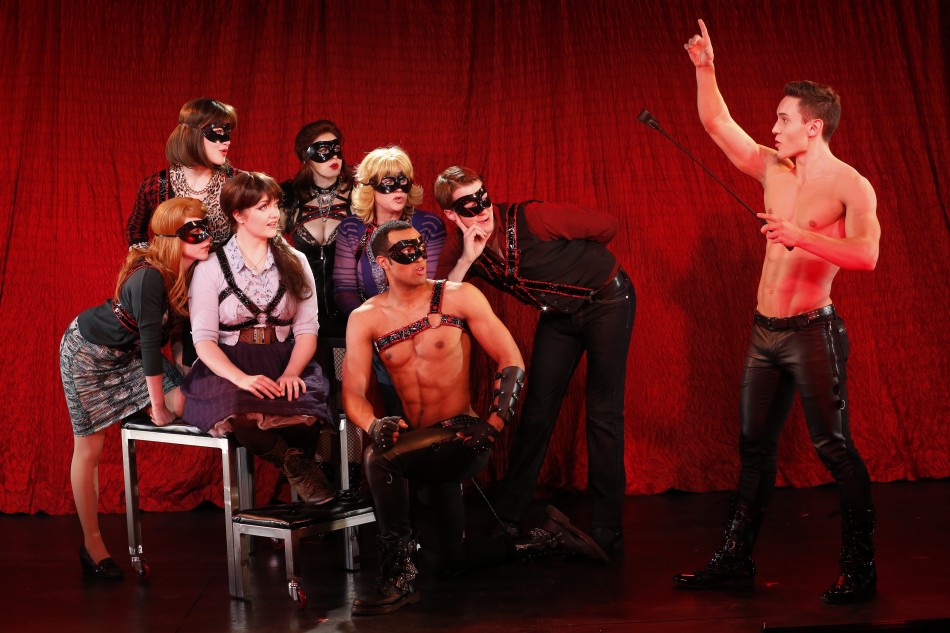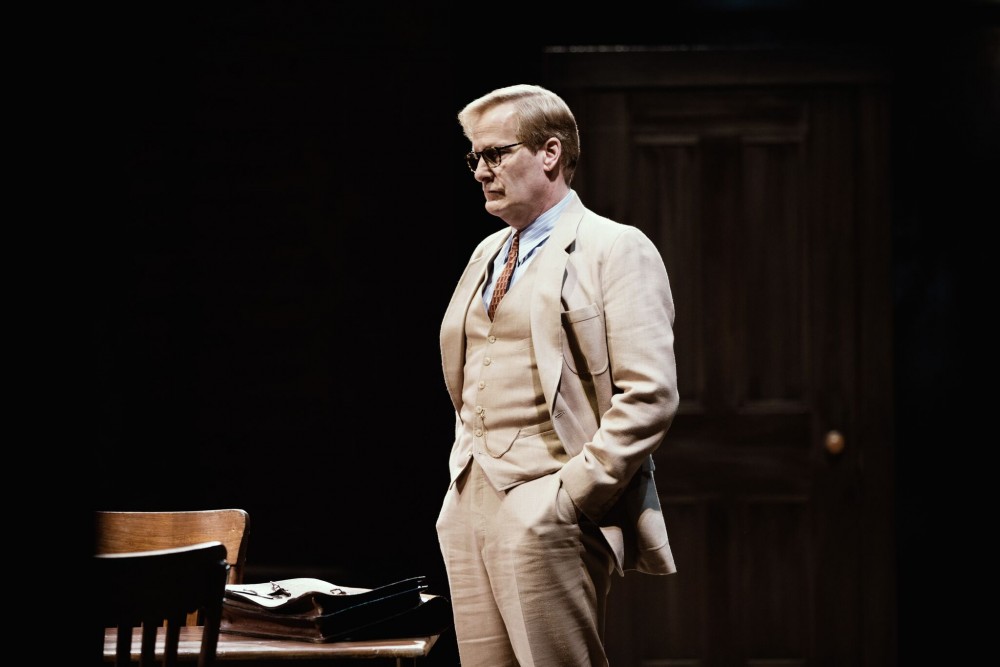The Gin Game has always been a challenging duet for actors. With the luminescent presence of James Earl Jones as Weller Martin and Cicely Tyson as Fonsia Dorsey, we have what feels like a full orchestra. Jones is the string section: bellowing bass, melodic cello, and sweetly coaxing violin, by turns. Tyson embodies the woodwinds: clear and feminine flute, agitated piccolo, and sorrowful oboe. Add to this the percussive thunder that appears to shake the decrepit old age home they inhabit, and the ensemble is complete.


The performers bring great humor to the Pulitzer Prize winning play, but just underneath the surface is a welter of loneliness, aimlessness, and pain. Weller and Fonsia have no place to live out their “golden years” except in a virtual warehouse inhabited by glassy-eyed old people who shuffle through their waning days. Their families are either unable or unwilling to care for them, and in the case of both the characters, they don’t visit, call, or write. The porch, strewn with broken down and forgotten detritus, becomes a refuge from the overpower boredom which awaits inside. Weller persuades Fonsia to play gin with him, and is soon sorry he did. She demurs that she barely remembers how to play, then proceeds to win every game. Weller becomes increasingly more agitated, until he drives Fonsia away. He then must pull out all the stops to charm her back into the game. Loneliness trumps discord every time.
Husband and wife team Hume Cronyn and Jessica Tandy were the first couple to appear on Broadway in playwright D.L. Coburn’s comedy/drama in 1977; the 1997 revival paired Julie Harris with a surprisingly light-footed Charles Durning. The none too easy acting trick is for each performer to create an individual reality, while working seamlessly together. Jones and Tyson neatly fit the bill. The audience is first drawn to one, then the other. They each have their disabilities; she is severely diabetic, he walks with a cane, and declares himself to be suffering from “old age.” But they are both intelligent and vital people, and there’s a brief tender moment when they dance together and hold each other close when we can’t help but wonder what if…?
Leonard Foglia has done a masterful job directing these two legends of the American Theater. However, I did find the ending to be disquieting, and weirdly reminiscent of another odd couple, Victor and Sybil from Private Lives. I also think that the huge laugh from the audience doesn’t justify the four-letter word Fonsia finally utters in a fit of frustration. It’s unnecessary, and jarring in context when spoken by either character.
There are many special touches in this production. Riccardo Hernandez has given the nursing home a fall down, roof leaking bleakness which perfectly frames the action. When Fonsia abandons her white quilted robe in the second act and appears in a chicly trim pink suit, her improving state of mind is beautifully illustrated. Throughout the play, she clutches her white purse, very likely because of the thievery that has taken place in the establishment; she just can’t trust anything to the mercy or honesty of those around her.
It’s safe to say that there will not be a better performance than what Jones and Tyson present here. It’s said that great actors working together is like watching a fine tennis match. Perhaps from now on, we should say it’s like a superb gin game.
Photos: Joan Marcus
The Gin Game, Golden Theatre, 252 West 45th St. Through 1/10/16
212-239-6200, www.thegingamebroadway.com, 2 hours
Lighting design, Jules Fisher & Peggy Eisenhauer






















